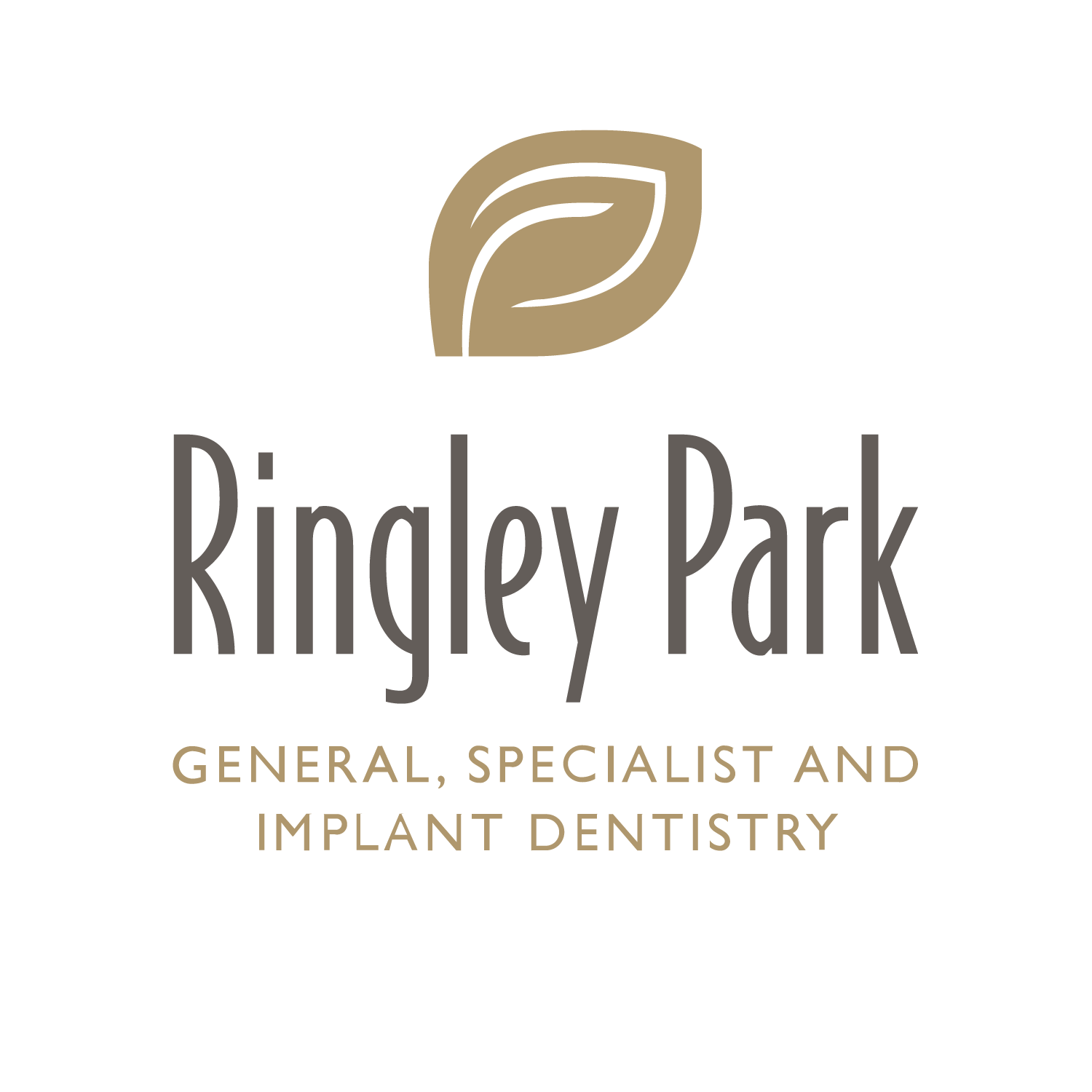As your body changes during pregnancy, certain factors can affect your oral health and this may also have an impact on the health of your baby. In this guide to dental care when pregnant, we’ll explain exactly how pregnancy affects oral health and why it’s an especially important time to look after your teeth and gums. We will also offer advice on caring for your baby’s oral health in the first few months of their life. An important topic, even though the teeth themselves are normally yet to make an appearance!
How does pregnancy affect oral health?
Your body changes a lot during pregnancy, and those changes have a direct impact on your teeth and gums. The main cause of changes to oral health during pregnancy is the increased levels of oestrogen and progesterone in the body, but other contributing factors include changes in eating habits, morning sickness and difficulty brushing properly. These can lead to a greater risk of developing the following oral health problems associated with pregnancy:
- Tooth decay is caused by bacteria that create a layer of plaque on teeth and gradually damage the surface over time. Whether you have found yourself eating more sugary or acidic foods, or tender gums have made it harder to brush and floss – it is more likely that you will develop cavities while pregnant.
- Loose teeth can be caused by the increased levels of oestrogen and progesterone as the tissue and bone holding teeth in place temporarily loosens. This increases your risk of losing teeth, although this is very rare.
- Gingivitis and gum disease are more likely to develop while you are pregnant. Pregnancy hormones can make your gums inflamed, prone to bleeding and susceptible to infection. It’s estimated that 40-80% of pregnant women have gingivitis, which is characterised by red and swollen gums and can lead to gum disease if left untreated. Other symptoms include tenderness of the gums, bleeding gums and gums that appear shiny. Sore gums can also make you more likely to develop tooth decay as it might be painful to brush and floss your teeth. If gingivitis remains untreated and leads to gum disease, it can cause bacteria to enter the bloodstream which can impact your baby.
- Tooth erosion is caused by acid eroding the protective enamel on the surface of teeth. Vomiting caused by morning sickness exposes your teeth to stomach acid, making teeth more susceptible to damage and decay. Rinsing your mouth thoroughly with water immediately after vomiting can help lessen this damage.
Why is oral health important during pregnancy?
Not only is it important to take care of your oral health during pregnancy for the sake of your own long-term oral and general health, it can also have a direct effect on your baby. Gum disease has been found to increase the chance of early labour, with 45% of women who entered labour early having gum disease. The same study also found that women with untreated tooth decay were more likely to experience early births. There is also evidence to suggest that bacteria caused by cavities and gum disease can be passed onto babies during pregnancy.
How to care for your oral health during pregnancy
For the sake of you and your baby’s health, it is essential that you have regular dental check-ups and hygiene appointments during pregnancy. This helps to ensure your teeth and gums are clean and allows your dentist to treat any potential dental issues before they get worse. It is important to book a dental appointment right away if you experience any of the following symptoms while pregnant:
- Toothache
- Red, swollen, shiny or sore gums
- Receding gums
- Loose teeth
- Bad breath
- Sores on the gums
Treating infections as soon as possible will help prevent complications with your pregnancy.
Once your baby has arrived
Although many of the oral health changes associated with pregnancy will go away after your baby is born, it is still important to prioritise keeping up with your dental appointments – not just for you, but your baby too! Bringing your baby along to appointments helps them to establish a positive relationship with the surgery environment as they become comfortable with the sights, sounds and smells.
Furthermore, the dental care your baby receives in their first months of life plays a key role in ensuring they have a healthy mouth in the future. Babies start teething at around six months and you will want to bring them in for a check-up once the first tooth appears, or at least by the time they are 1.
At Ringley Park, we are very lucky to have our own Specialist Paediatric Dentist, Maalini Patel. Maalini specialises in treating children from birth and is loved by our young patients for her friendly and reassuring manner.
Put your best foot forward for you and your baby’s health during pregnancy and be extra vigilant about your oral health. If you are experiencing any of the symptoms in this article or think it’s time for a check-up, book an appointment online or speak to a member of our team at 01737 240123.

